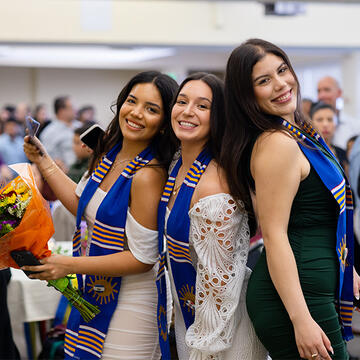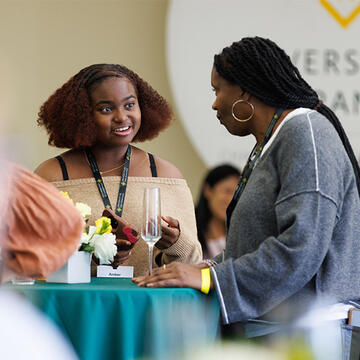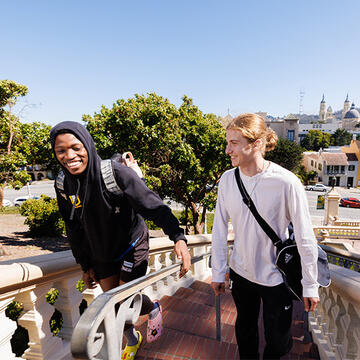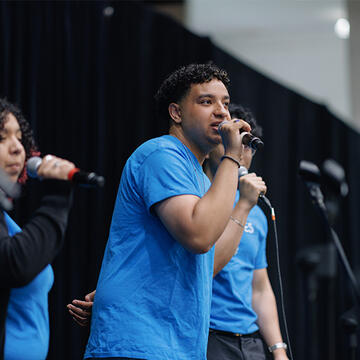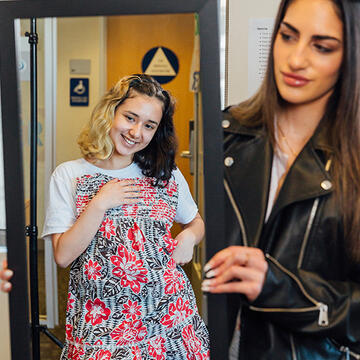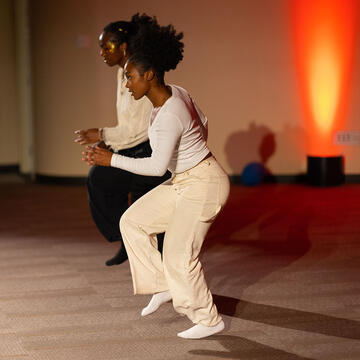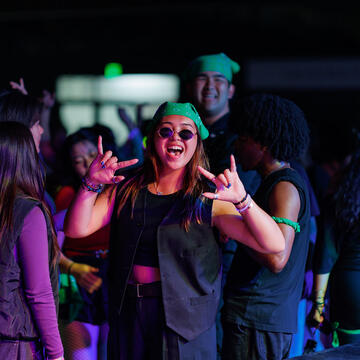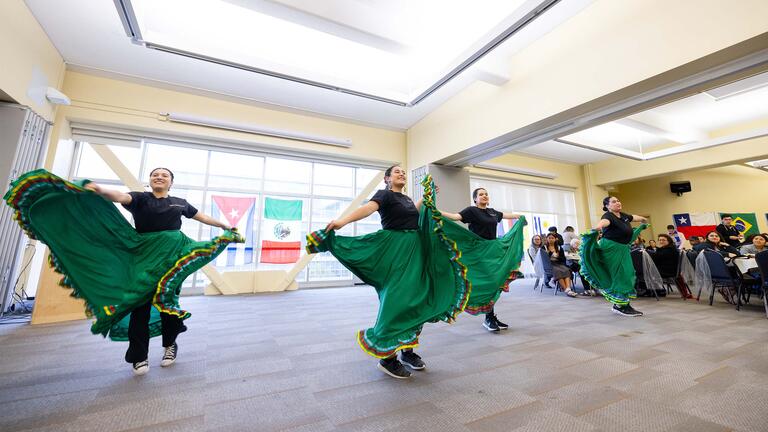
THE CAMPUS EXPERIENCE
Cultural Centers
The Cultural Centers — the Gender & Sexuality Center and the Intercultural Center — are places to connect, reflect, and grow. They host student-run programs that explore social issues and identity.
Explore Your Passions
Deepen your understanding of your role in a diverse, connected community.
Embrace Your Culture
Dive into conversations about race, ethnicity, class, and culture. Build connections, share your story, and learn from others’ experiences.
Explore Gender & Sexuality
Engage with topics of gender and sexual orientation in a welcoming, supportive space. Find belonging and build community.
